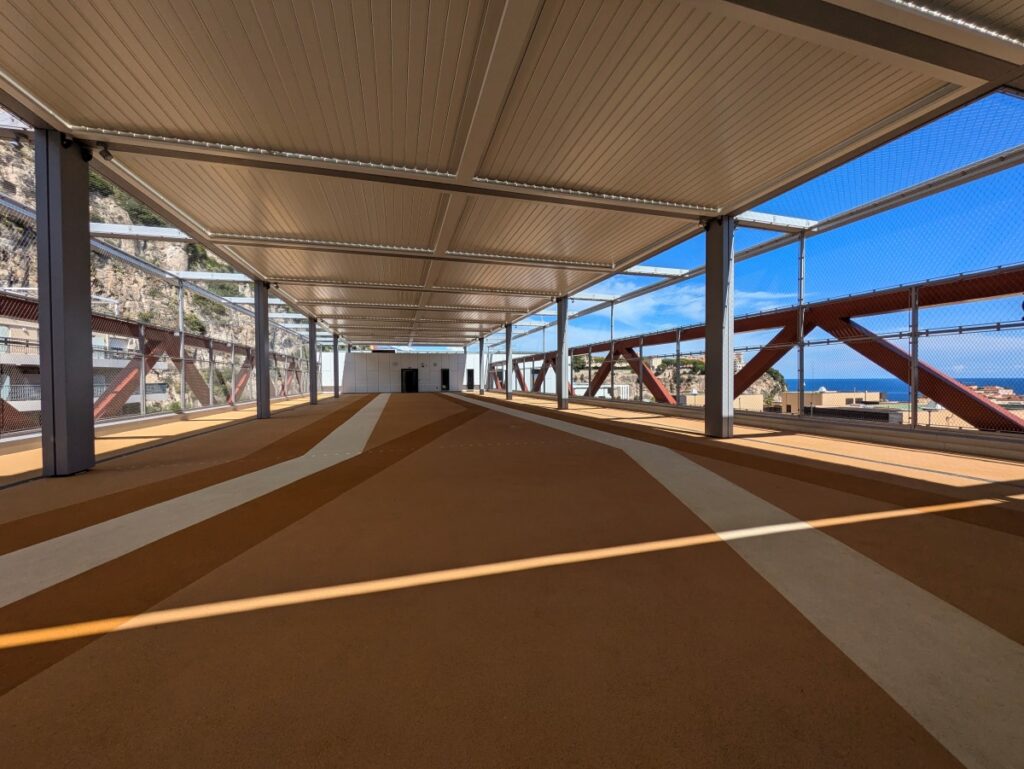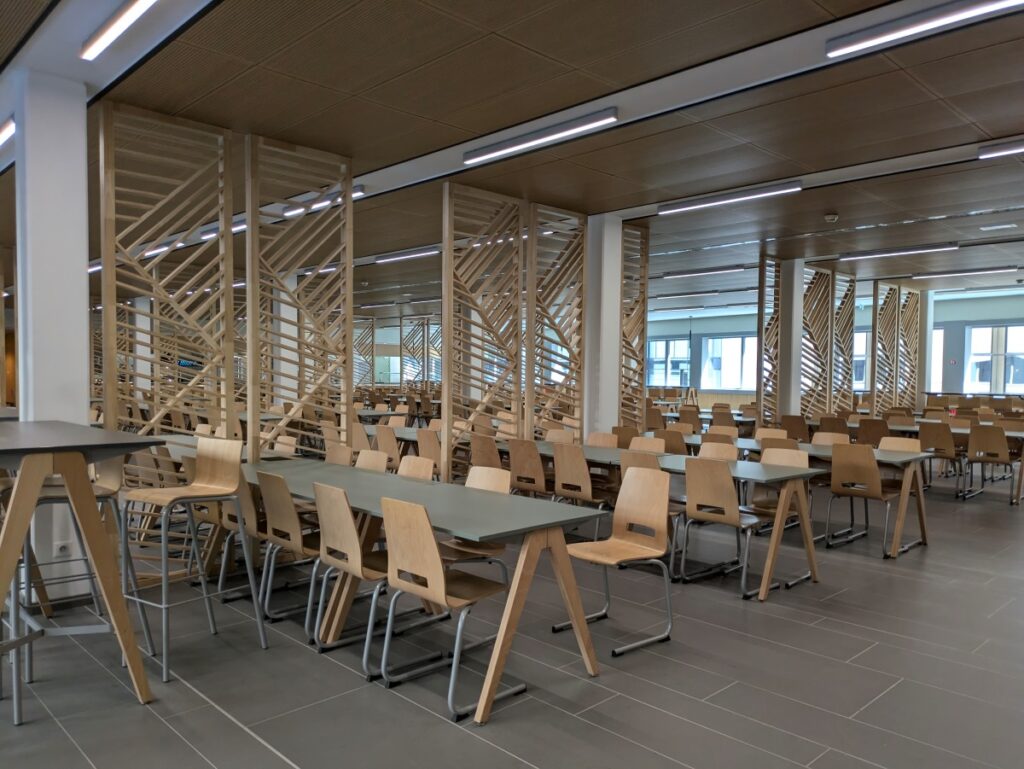An inclusive start to the 2024 school year

In their speeches, Lionel Beffre and Jean-Philippe Vinci both emphasised the inclusive model they want to develop in the Principality, before presenting the new Charles III secondary school.
It’s also the start of the new school year for the new Education team. At the traditional back-to-school press conference, the new Minister for the Interior, Lionel Beffre, kicked the conference off on a humorous note: “It’s my first time back to school too.”
In his inaugural speech, Lionel Beffre stressed the inclusive nature of Monegasque education. He mentioned the tailored timetables for young athletes, and the arrangements in place for pupils with disabilities. In conclusion, he declared that “the new school year had been meticulously prepared, with the aim of doing everything in our power to ensure that the environment is as comfortable as possible for the pupils and the most suitable for teachers to apply their teaching skills.”
Jean-Philippe Vinci, “School isn’t just about learning, it’s about learning together”
Jean-Philippe Vinci is starting the new school year no longer as a teacher, but as the new Director of National Education, Youth and Sport.
He intends to maintain “a form of continuity” with the policies put in place by his predecessors for the Principality’s 5,694 pupils, because, in his view, “education policies need to take the long view.” He repeatedly stressed that his priority is to promote “the joy of learning.”
Inspired by Philippe Meirieu’s maxim that “school isn’t just about learning, it’s about learning together,” he envisages learning with others, but also thanks to others, and says he already has “plenty of plans for next year.”
He advocates an inclusive approach: “Living together, learning together and adapting,” and said it is necessary to “welcome and support each pupil individually” to build “a school that is accessible to all, where everyone has their place.” He stressed that it’s not up to the pupils with “special needs to adapt on their own, the whole class has to work together.”
Culture, a cornerstone of education in Monegasque society, plays a central role, with 200 cultural activities planned for this year. These include 60 school trips, funded in part by the Government, as well as meetings with leading figures such as Hugo Duminil-Copin, mathematician and Fields Medal winner, Didier Queloz, astronomer and Nobel Prize winner for physics, and Djaïli Amadou Amal, writer and winner of the Prix Goncourt des lycéens.
Sensible use of digital technology
Jean-Philippe Vinci advocates “sensible use of digital technology.” He believes that it is up to adults to make “the real world more interesting than the virtual one,” and considers that digital technology should only be used “if it has added value, otherwise we might as well stick with pencils.”
However, digital technology does have its place in the new Charles III secondary school, with 2,400 computers representing a significant investment. Each classroom is equipped with an interactive digital screen as part of the blackboard.
Although a total ban on telephones on school premises is not yet planned, their use is prohibited.
A brand-new secondary school

New school year, new school! The Charles III secondary school is much more spacious than the former building on avenue de l’Annonciade. With 23,805 m² on 12 floors, the school has modern facilities and a variety of areas where pupils can pursue their activities without leaving the premises.
In no particular order, here is just a taste of the incredible facilities on offer at Charles III: four playgrounds, two on the ground floor for the 6èmes and 5èmes (UK years 7 and 8, US 6th and 7th grades), and two others at the top of the building, on the 7th floor, for the 4èmes and 3èmes (UK years 9 and 10, US 8th and 9th grades); a 400-seat cafeteria; a 25-metre long, 20-metre wide swimming pool; a 1,000 m² gymnasium, a library and a 270-seat amphitheatre, each seat equipped with a mini-desk and plug point.











